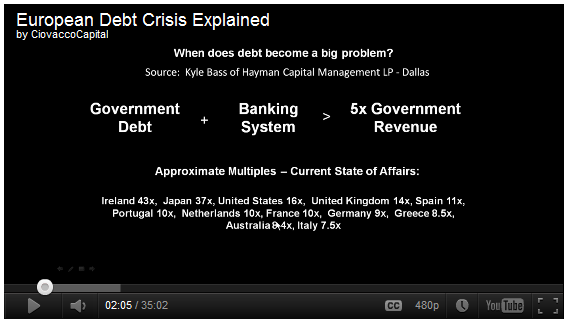Pettis raises the issue in a recent post.
"The slowdown in growth is worrying an awful lot of people in Beijing and with all this concern, of course there is a lot of attention on trade policy. Will the RMB appreciate or depreciate in 2012? Within China many are going to argue that the rapid decline in the trade surplus, coupled with unmistakable evidence of flight capital, means that the PBoC should devalue the RMB. Others within China will argue that debt levels and domestic imbalances are so worrying that the RMB should continue appreciating in order to speed up the pace of rebalancing.
If this were the whole extent of debate, it would be pretty easy to guess that the former side would win, but of course there is also international pressure. Foreigners are going to argue that China’s maintaining a trade surplus will simply subtract from foreign growth, and given higher unemployment and lower growth in the US, Europe, and much of the developing world, China has no natural right to insist on a trade surplus at their expense.
With the trade environment getting worse all the time, I suspect that international pressure is ultimately going to decide the issue. If China depreciates it will almost certainly set off furious retaliation – and remember, surplus countries always lose trade wars. Deficit countries often win, at least in the near term."

 RSS Feed
RSS Feed
